trending topics
market reports
-

Registration Now Open: MEDICAL JAPAN 2026 OSAKA – Western Japan’s Largest Healthcare Trade Show
2026-02-10
-

MEDICAL JAPAN 2025 OSAKA Returns to Showcase Global Innovations
2025-02-17
-
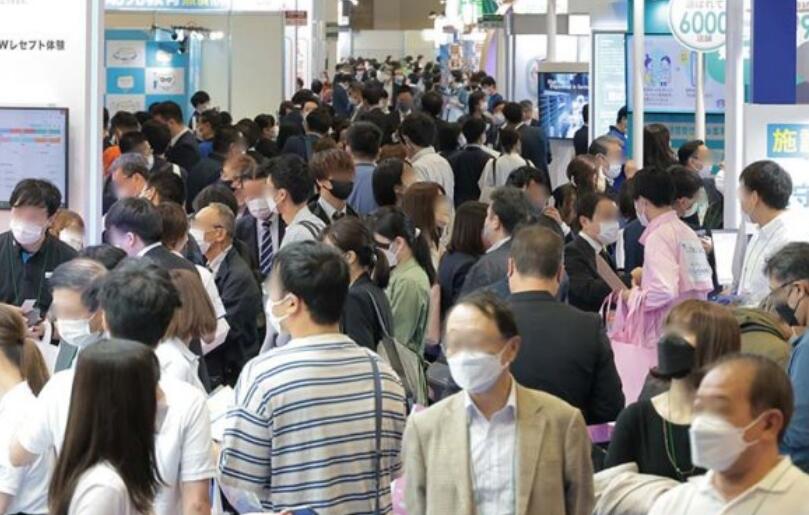
Visit MEDICAL JAPAN 2023 TOKYO and take full advantage of the business opportunities!
2023-09-01
-

US to distribute 400 million free N95 masks at CVS, Walgreens in COVID fight
2022-01-21
-
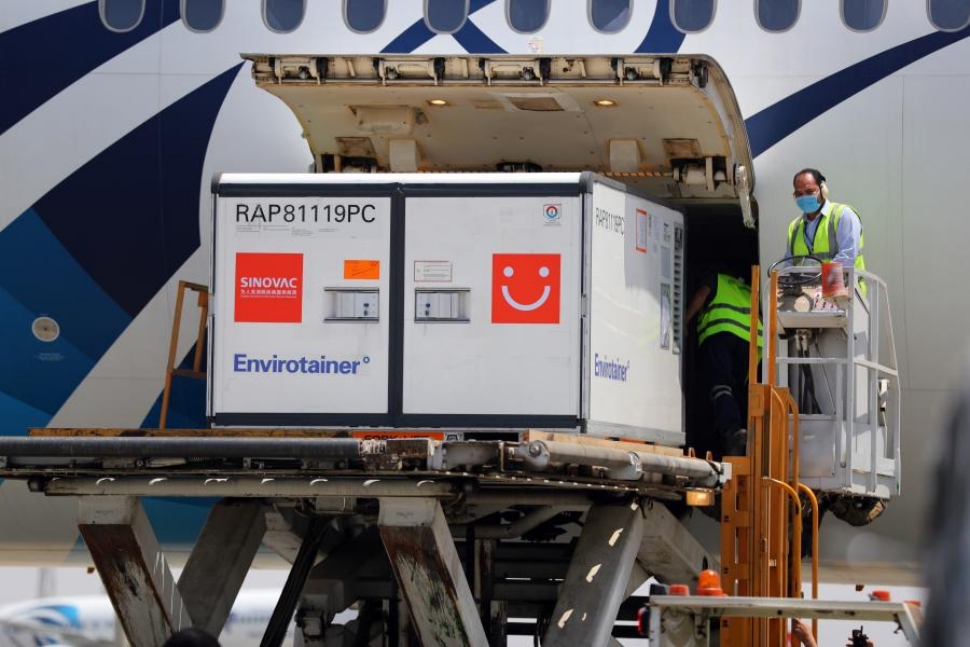
Ethiopia receives additional 2.2 mln doses of Chinese-donated COVID-19 vaccines
2022-01-21
-
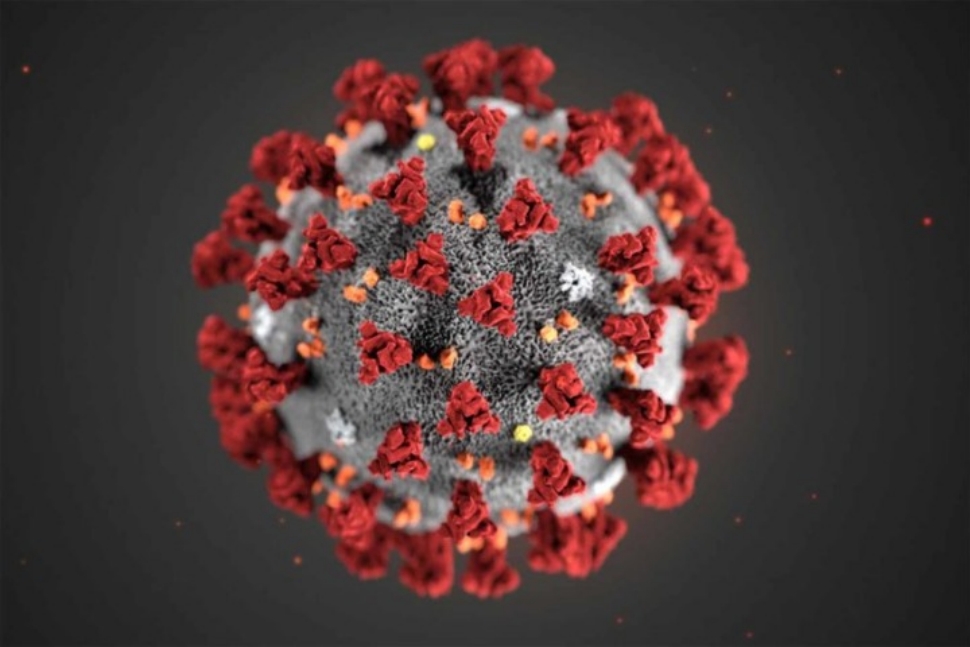
Hong Kong researchers say they develop novel material able to kill COVID-19 virus
2022-01-14
-
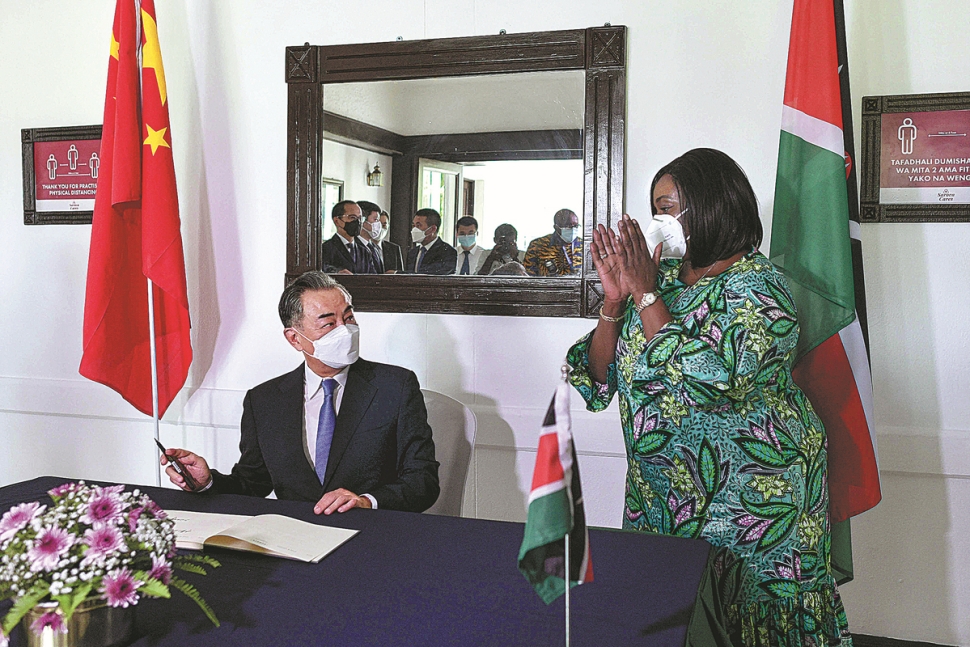
10 million more Chinese doses on way for Kenya
2022-01-14
-

Sino-African ties on track for a brighter future
2022-01-07
-
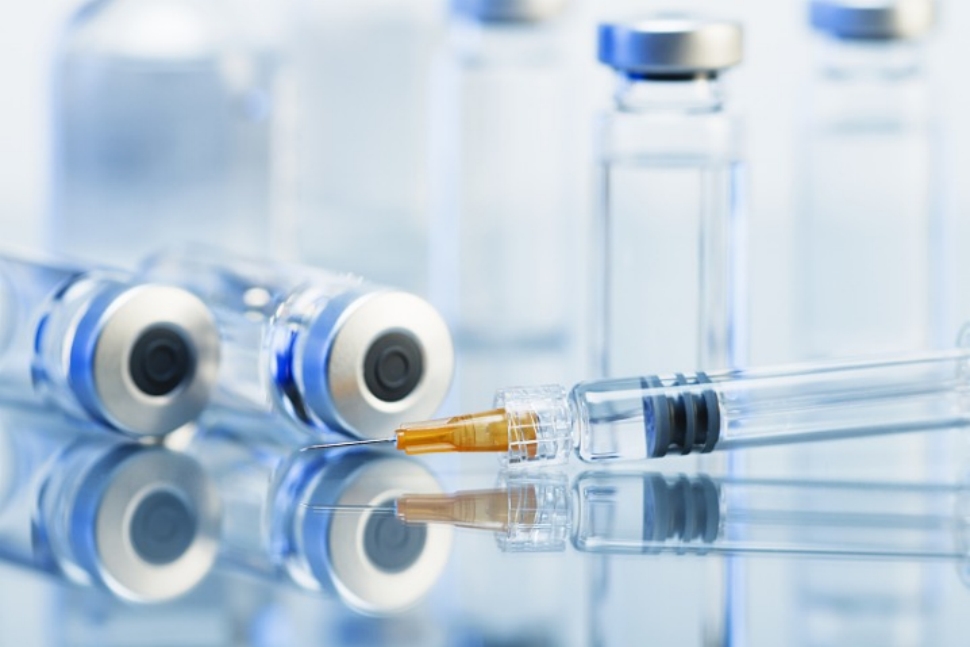
Efforts urged to boost COVID-19 vaccine production capacity in poor countries
2022-01-07
-
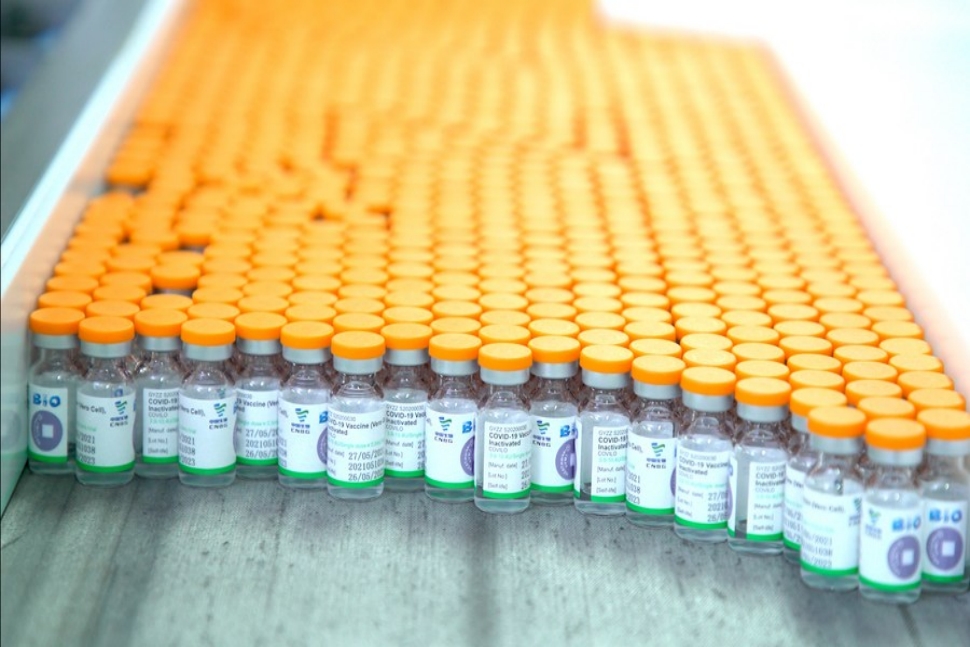
UAE approves Sinopharm's new protein-based COVID-19 vaccine
2022-01-07
Innovation helps stop COVID-19 at China's borders
2020-04-16
BEIJING, April 15 (Xinhua) -- "Ding!" It's the sound of Customs officers scanning the electronic health codes of travelers in the exit-entry hall before allowing them into the country.
China's border ports are the main battlefield in the control of imported COVID-19 cases.
All airlines have posted health declaration QR codes at check-in counters and boarding gates of all flights to China so passengers can fill in their health information on the WeChat Mini-Program or declaration app, according to the General Administration of Customs (GAC).
As of April 8, the number of health declarations on the mini-program was about 3.69 million, with about 7.82 million page views and 1.96 million WeChat users. Declarations on the website and app totaled about 119,000.
The testing laboratory is also a battlefield. With the continuous rise in imported cases, the GAC has fully mobilized and integrated its detection capabilities, and deployed detection personnel and equipment to frontline quarantine work.
Much-needed detection equipment was added, including 40 nucleic acid extraction instruments, 39 fluorescence quantitative PCR instruments, and five new P2 laboratories.
Specialists conduct difficult molecular biology tests for more than 10 hours a day in the Customs laboratory under the protection of relatively high biosafety .
In addition, the GAC has strengthened big data risk analysis in cooperation with the foreign affairs, industry and commerce, health, immigration and civil aviation authorities.
Customs personnel kept a close eye on key countries, key flights and key passengers based on big data technology.
(From People's Daily)



 My Member
My Member Message Center
Message Center











